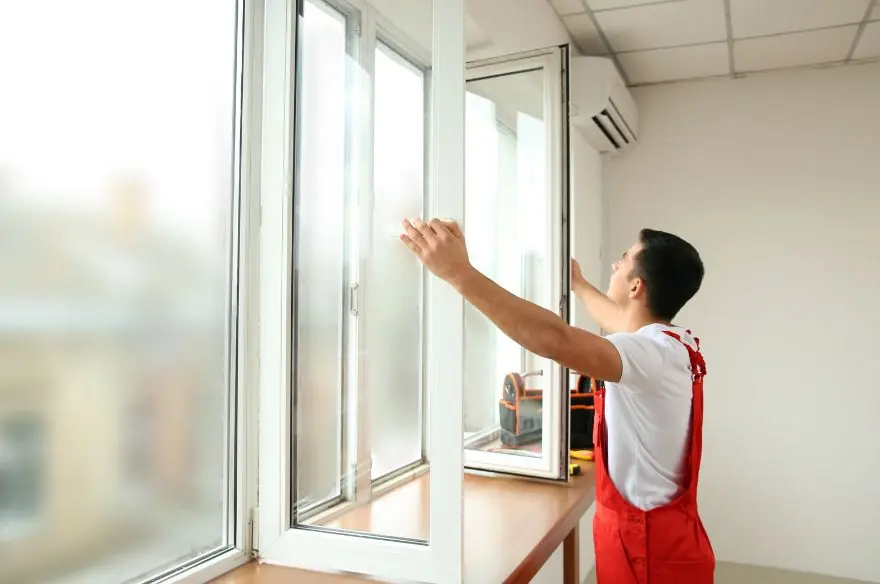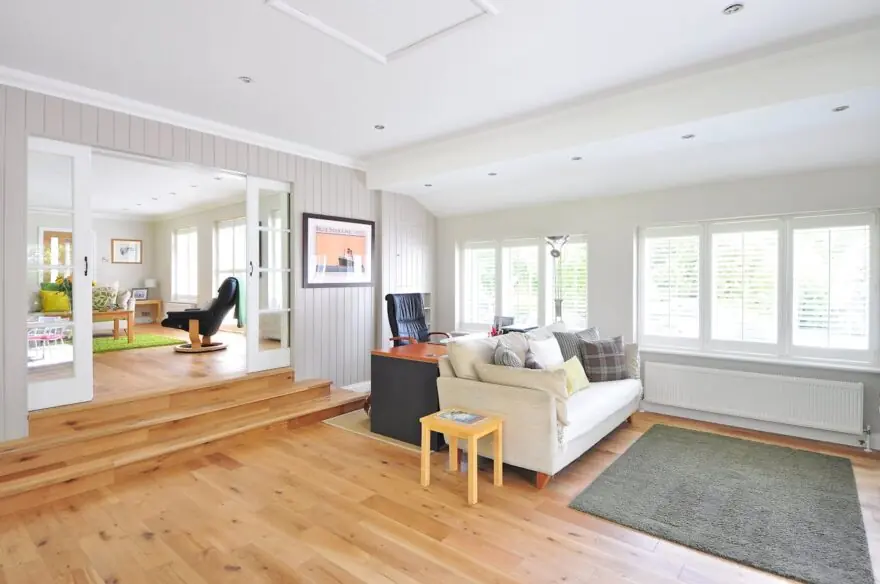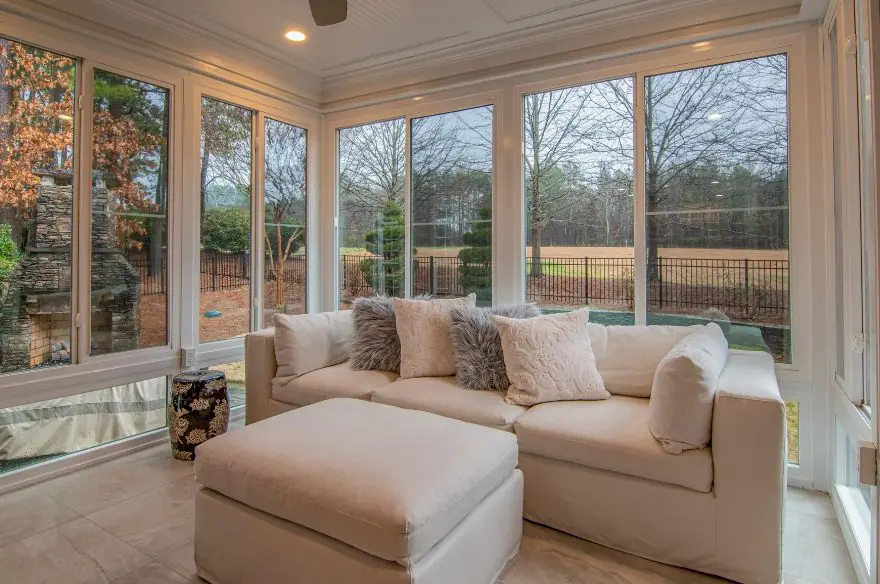When considering window replacement, one of the first questions is whether it’s better to install double or triple glazing. At first glance, the difference seems simple — two or three layers of glass — but in practice, it involves a broader set of factors, including comfort, energy efficiency, cost, and, especially in our region, heating billing methods.
What Is Double Glazing?
Double glazing, also known as a double-pane window, consists of two glass panels separated by a layer of noble gas, usually argon. This chamber acts as an insulator and significantly reduces heat loss and noise.
The advantages of double glazing include lower cost compared to triple glazing, lighter weight that makes installation easier and reduces stress on the frame, and sufficient performance for basic needs, especially in buildings where energy efficiency is not a priority. On the downside, double glazing provides weaker insulation than triple glazing, leading to higher heat loss during colder winters and being less suitable for buildings with large glass surfaces.
What Is Triple Glazing?
Triple glazing, or a triple-pane window, consists of three glass panels and two argon-filled chambers. Each additional layer improves insulation and increases comfort. This system provides better energy efficiency, as heat losses are nearly halved compared to double glazing. Triple glazing also offers excellent sound insulation, which is particularly important in urban areas, reduces condensation on the interior glass during winter, and ensures long-term savings, especially in buildings with controllable heating. The drawbacks include higher cost, greater weight requiring stronger frames and hardware, and in situations where heating costs are not based on actual consumption, the investment may not always be economically justified.
Calculating Energy Savings
In Western countries, heating bills are calculated based on actual energy consumption, making triple glazing economically worthwhile because it directly reduces heat loss and costs. In many of our cities, however, heating is often charged per square meter regardless of actual usage, or residents are connected to district heating systems without control over consumption. In these cases, even the best insulation won’t lower the bill, but it will increase comfort, reduce condensation and mold, and create a quieter indoor environment.
Triple glazing delivers real financial savings where heating consumption can be controlled. In houses with private heating systems — boilers, heat pumps, or stoves — triple glazing reduces fuel and electricity usage. In apartments with individual meters, it can significantly lower bills. In new construction and low-energy buildings, triple glazing is practically essential.
Double glazing is sufficient in older buildings without individual heating measurement, in renovations with limited budgets, or for auxiliary buildings and vacation homes that are occasionally heated. It provides solid insulation and aesthetic improvement, while the higher cost of triple glazing may not be justified.
Our Advice
- For apartments without heating control: double glazing is sufficient, though triple glazing is justified if you want more comfort and quiet.
- For houses and apartments with individual meters: triple glazing is an investment that pays off over time through reduced bills.
- For new construction and passive buildings: triple glazing is the standard that ensures maximum energy efficiency.
Conclusion
The choice between double and triple glazing depends not only on technical specifications but also on lifestyle. If heating consumption can be controlled, triple glazing provides real savings. If not, it won’t lower the bill, but it will greatly improve comfort and living quality. Ultimately, the most important thing is to choose the solution that fits your building, budget, and future plans.



